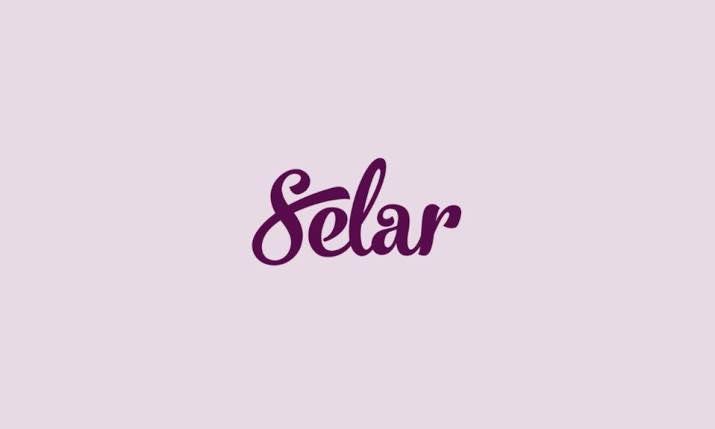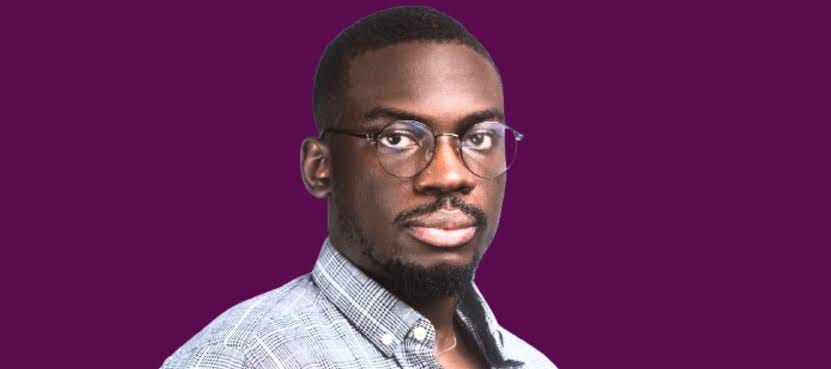Profiling Douglas Kendyson: The Visionary Behind Africa’s Biggest Creative Marketplace, Selar
Kendyson Douglas, the founder of Selar, has become a prominent figure in Africa's creative economy by building a platform that empowers digital creators across the continent to monetize their skills. Selar enables creators to sell digital products such as e-books, courses, music, and other digital content with ease, thus becoming a crucial player in Africa’s booming creative economy, which is projected to grow from $3.08 billion in 2023 to $17.84 billion by 2030.
The Birth of Selar
Kendyson’s journey to Selar began during his time working at Paystack, a well-known African fintech company. It was here that he noticed a gap in the market. Creators were increasingly asking how they could sell digital products, such as e-books, courses, and music. Existing platforms like Paystack were designed for registered businesses, not individual creators. Spotting this opportunity, Kendyson and a few friends initially developed Selar as a side project. What started as a passion project quickly gained traction, and in 2020, Kendyson left his job to focus on Selar full-time. By 2022, the platform had gained profitability and helped thousands of African creators turn their passions into thriving businesses.
Solving Africa’s Payment Problem
One of the biggest obstacles for creators in Africa is receiving payments, especially cross-border payments. Many African countries have limited access to global financial services, making it difficult for creators to monetize their work on platforms like PayPal or Stripe. Selar has stepped in to bridge this gap, partnering with payment providers such as PayPal, Stripe, Paystack, and MPesa. These partnerships enable creators to sell digital products and receive payments seamlessly across multiple currencies.
In 2023, creators on Selar earned over ₦4 billion ($4.4 million), double what they made in 2022. With 150,000 creators on the platform, Selar’s success underscores the growing potential of Africa’s creative economy. Creators use the platform to sell everything from courses to e-books and tickets. Through features like Show Love, Selar also allows creators to receive tips and donations from their followers in over 11 different currencies. This initiative offers creators an additional income stream, a move Kendyson believes will gain further momentum in the future.
Lean Operations, Big Impact
Selar’s success is even more impressive when considering that the company is entirely bootstrapped, operating without institutional funding. With a lean team of just 21 employees, Kendyson focuses on keeping costs low. Even small decisions, such as limiting custom email addresses to essential team members, demonstrate his commitment to cost efficiency. Despite this minimalistic approach, Selar has managed to compete with other well-funded startups, proving that lean operations can still deliver high impact.
How Selar Makes Money
Selar’s business model includes three main revenue streams: commissions, subscriptions, and foreign exchange spreads. The platform charges a commission on each transaction, ranging from 4%-6% for African currencies and 7% for transactions in US dollars. In addition, Selar offers Pro and Turbo subscription plans, which provide creators with customizable features like PayPal integration, affiliate access, and custom domains for a monthly fee of ₦8,000 ($8.81) and ₦15,000 ($16.6), respectively. The platform also generates revenue through currency conversion, charging a forex spread when converting foreign payments into Nigerian naira.
Despite its rapid growth, Selar remains committed to its creator-first approach. Kendyson emphasizes that the company’s pricing philosophy is designed to extract as much value as possible without overburdening creators, ensuring that the platform remains affordable while offering value-added features.
Expanding Africa’s Creative Economy
The creator economy in Africa is still in its early stages but has enormous potential. According to market research firm Coherent MI, the creative economy in Africa was valued at $3.08 billion in 2023 and is projected to grow to $17.84 billion by 2030. Selar is well-positioned to capitalize on this growth, particularly with its recent expansion into Kenya, the largest market in East Africa. Kendyson sees this move as a crucial step in Selar’s mission to empower creators across the continent.
As of 2023, Selar had more than 200,000 creators from 15 African countries, facilitating over $4.4 million in payments. By providing these creators with tools to monetize their talents, Selar is playing a critical role in unlocking the potential of Africa’s creative industry, which has long been hampered by a lack of infrastructure and financial support.
Empowering Creators and Marketers
Beyond creators, Selar has also opened up opportunities for marketers. Its affiliate program allows marketers to earn commissions by promoting digital products sold on the platform. In 2023, this program facilitated the sale of 8,000 products, resulting in ₦187 million ($207,506) in earnings for affiliates. The program represents yet another way Selar is fostering growth within Africa’s digital ecosystem.
The Road Ahead
As the African creative economy continues to expand, Selar’s impact is only set to grow. The platform's mission of helping African creators turn their knowledge and skills into wealth aligns with the broader rise of the creator economy globally, offering a vital pathway to financial independence for thousands of African artists, educators, and influencers.







